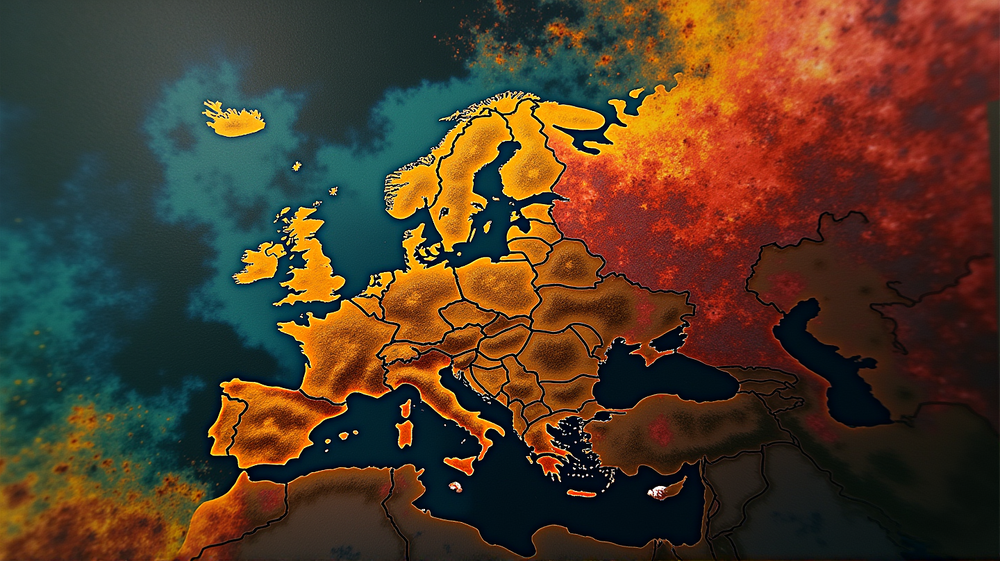In a compelling discussion on the economic future of Ghana, Professor Godfred Alufar Bokpin voiced a crucial message: Ghana’s true test will start after the exit of the International Monetary Fund (IMF) program in 2026. With the impending conclusion of this $3 billion Extended Credit Facility, will Ghana sustain progress or succumb to pre-IMF challenges once external oversight fades away?
Beyond Short-term Targets
Speaking on TV3’s Key Points, Prof Bokpin emphasized the necessity of maintaining fiscal discipline beyond merely meeting IMF’s immediate targets. “The real test is not this year or next,” he stated. “It’s about 2027 and 2028 when we no longer have the IMF watching over us.” These years will indicate if Ghana’s progress was genuine or ephemeral.
Potential Pitfalls in Election Years
Therein lies a significant concern: Ghana’s history of wavering fiscal discipline, especially during election years. Prof Bokpin alludes to previous patterns, highlighting the risk of overspending as elections approach in 2028. “If we don’t safeguard against political interference, our gains could vanish,” he warned.
Promising Yet Temporary Gains
While acknowledging positive signs in the 2025 budget with a projected surplus, Prof Bokpin cautioned against complacency. “These numbers show promise but guarantee nothing,” he remarked, pressing the need for sustained efforts post-IMF. He also noted the cedi’s recent improvements, spurred mainly by temporary interventions, and warned against viewing them as long-term recovery.
The Need for Lasting Reforms
As an ardent advocate for enduring reforms, Prof Bokpin insists these changes must resist political pressures to prevent a backward slide into economic distress once the IMF’s guidance ends.
According to Asaase Radio, as Ghana approaches this pivotal moment, the stakes are clear: only unwavering adherence to fiscal discipline can steer the nation towards lasting economic stability.












